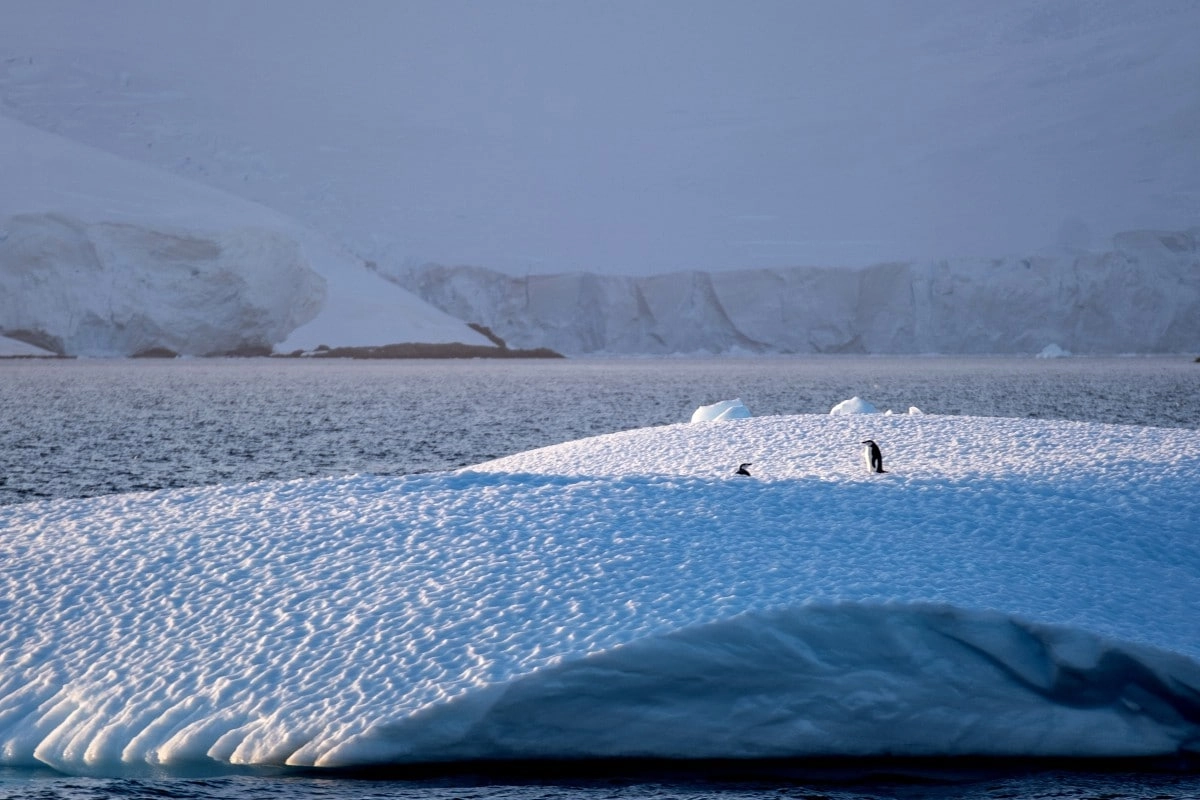The Antarctic winter sea ice has reached its third-lowest level in 47 years, signaling a concerning trend in the region’s climate conditions. This significant decline in sea ice extent is a stark indicator of the ongoing changes in the Earth’s polar regions, which are experiencing some of the most profound impacts of climate change. Observations show that this year’s winter ice coverage has fallen dramatically, raising alarms among scientists and environmentalists alike. The reduction in sea ice not only affects the local ecosystem but also has broader implications for global weather patterns and sea level rise.
The winter sea ice extent is a critical component of the Antarctic environment, serving as a habitat for various marine species and playing a vital role in regulating the planet’s temperature. As the ice melts, it disrupts the delicate balance of the ecosystem, affecting species such as seals and penguins that rely on it for breeding and feeding. Furthermore, the loss of ice contributes to the warming of ocean waters, which can lead to further ice melt in a feedback loop that exacerbates climate change. Researchers are particularly concerned about the long-term effects of this trend, as the Antarctic region is a key player in the Earth’s climate system.
In addition to its ecological impacts, the reduction of Antarctic sea ice has significant implications for global sea levels. As ice sheets and glaciers continue to melt, they contribute to rising sea levels, posing risks to coastal communities around the world. The situation calls for urgent attention and action from policymakers and the global community to address the underlying causes of climate change. Scientists emphasize the need for comprehensive strategies to mitigate greenhouse gas emissions and protect vulnerable ecosystems, highlighting the interconnectedness of climate systems and the importance of international cooperation in tackling these pressing challenges.
As we observe these alarming trends, it becomes increasingly clear that the health of our planet is at stake. The Antarctic winter sea ice serves as an important indicator of climate health, and its decline reflects broader environmental changes that require immediate action. Public awareness and understanding of these issues are crucial in mobilizing support for effective climate policies. The time to act is now, as the consequences of inaction could be devastating not just for the Antarctic region, but for the entire planet.




